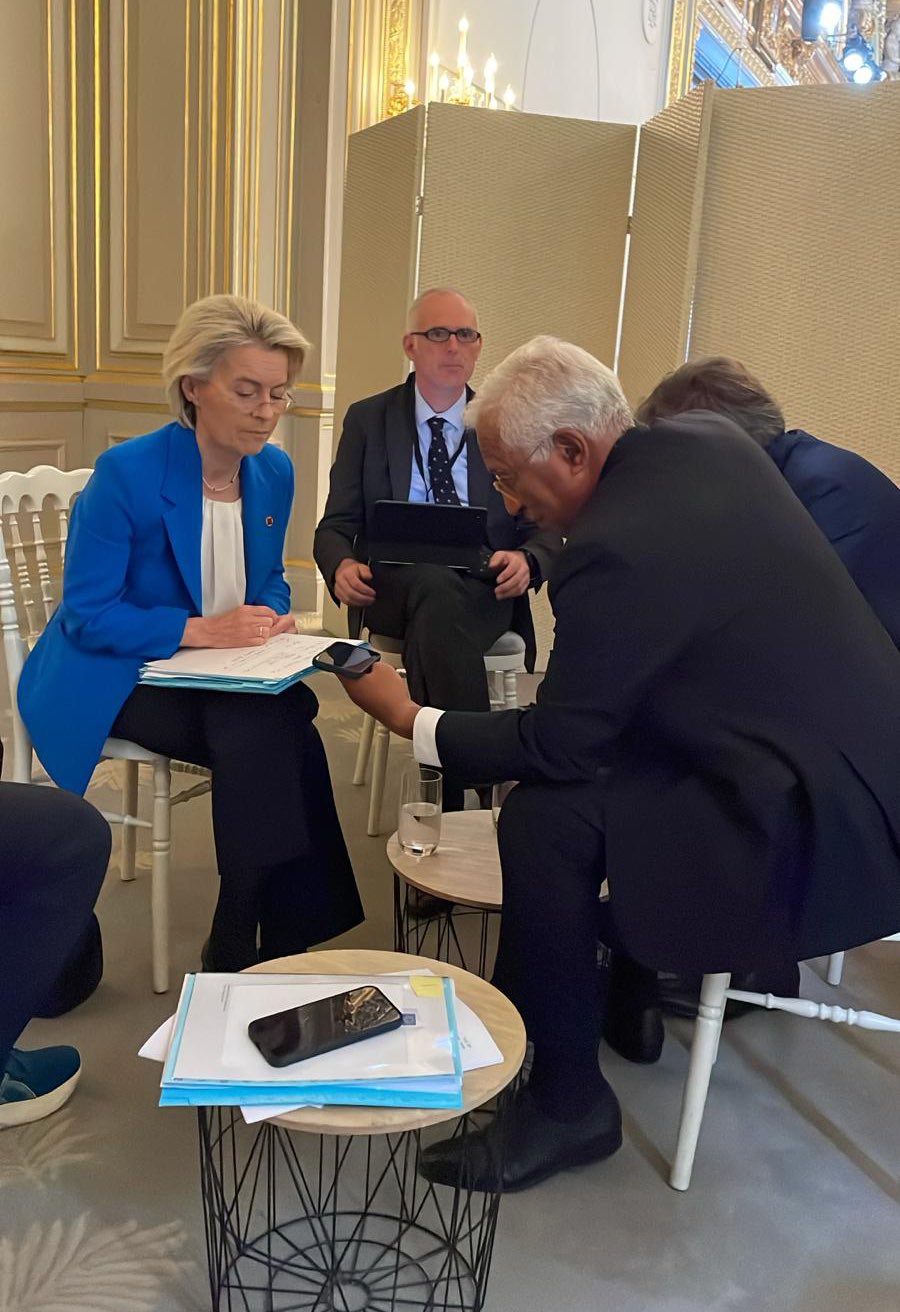India, EU Push for Early Free Trade Pact, Renew Strategic Commitments in Crucial Joint Call
Indian Prime Minister Narendra Modi held a joint telephone conversation on Wednesday with European Council President Antonio Costa and European Commission President Ursula von der Leyen. The leaders stated the shared commitment to conclude the long-pending India–EU Free Trade Agreement (FTA) and to deepen the strategic partnership across key sectors.
 |
| Image Source: Ursula von der Leyen |
“We also remain fully committed to concluding the Free Trade Agreement negotiations by the end of the year. To achieve this, progress is needed now,” von der Leyen said in a post on X, formerly Twitter.
Had a very good conversation with European Council President António Costa and European Commission President Ursula von der Leyen. Reaffirmed our shared commitment for an early conclusion of the India-EU FTA and implementation of the IMEEC corridor. Exchanged views on issues of…
— Narendra Modi (@narendramodi) September 4, 2025
Modi extended a formal invitation to Costa and von der Leyen to visit India for the next summit. The leaders also discussed accelerating work on the India–Middle East–Europe Economic Corridor (IMEEC), a connectivity initiative announced at the G20 Summit in New Delhi last year.
Ukraine Conflict Discussed, Peace Push Reiterated
The Ukraine conflict featured in the discussions, with both EU leaders expressing appreciation for India’s engagement with Ukrainian President Volodymyr Zelenskyy. Von der Leyen called on India to help “create a path toward peace” and use its influence with Moscow to end what she described as Russia’s “war of aggression.”
Modi reiterated India’s consistent position in favour of dialogue, diplomacy, and peaceful resolution, echoing New Delhi’s broader Global South messaging that prioritises sovereignty, non-intervention, and international law.
“India has an important role to play in bringing Russia to end its war,” von der Leyen said, calling the war a threat to global security and economic stability.
Trade, Technology, Defence: Key Areas of Progress
The three leaders welcomed “substantive progress” in bilateral relations, specifically citing developments in:
-
Trade and Investment: Both sides reaffirmed their commitment to conclude the India–EU FTA, which has been under negotiation since 2007 with multiple pauses. The current round is seen as the most serious and structured to date, with 2025 being viewed as a critical window.
-
Technology and Innovation: Discussions are ongoing on semiconductors, digital public infrastructure, artificial intelligence, and regulatory alignment in fintech and data governance.
-
Defence and Security: Cooperation in supply chain resilience, cyber security, maritime domain awareness, and green technologies was highlighted. Both sides see mutual benefit in creating non-China-dependent technology and logistics corridors.
-
Sustainability: The EU and India are collaborating on climate finance, green hydrogen, and decarbonisation pathways, with the India–EU Clean Energy and Climate Partnership serving as the framework.
Strategic Alignment in a Fragmented Global Order
The India–EU strategic dialogue comes amid renewed U.S.–China tensions, an uncertain energy market, and global economic fragmentation. Both sides emphasised that the India–EU partnership is rooted in shared democratic values, the rule of law, and multilateral cooperation.
From Brussels' standpoint, India is seen as a stabilising power in Asia and a key counterweight in global governance reform -- especially in the context of WTO reform, UN Security Council expansion, and resilience in critical mineral supply chains.
From New Delhi's perspective, the EU is a major market and innovation partner that can complement its growth aspirations without direct geopolitical friction, unlike China or the United States.
